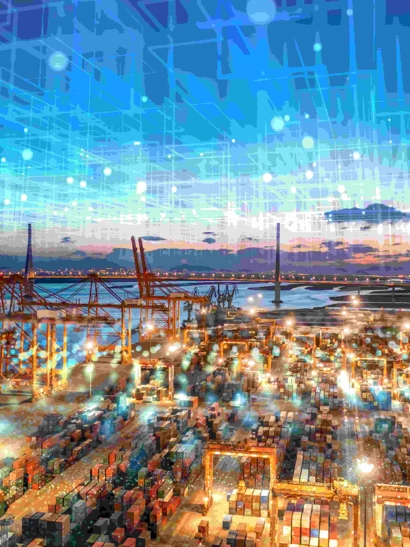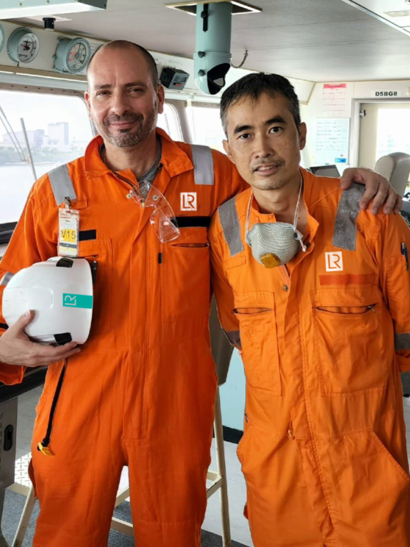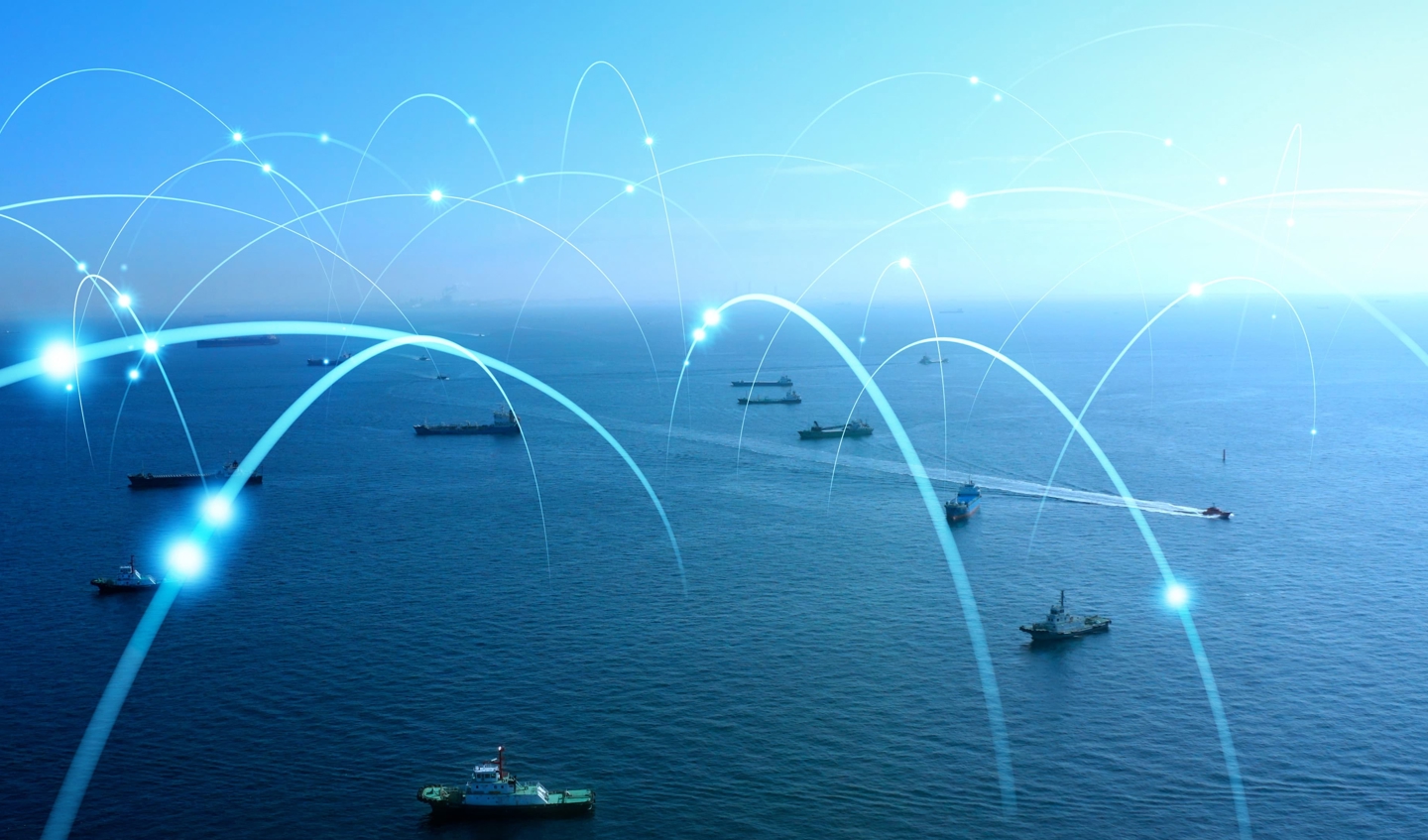New LR Chief Technology and Innovation Officer Chakib Abi-saab believes that “recognition of the importance of data as the key to better decision making, creating new efficiencies and scalable operational models” represents the single most significant technology change he has witnessed during his 25-year career in maritime.
“In the past, people thought of digitalisation as the simple task to move from analog to digital, like moving from paper sheets to Excel,” he says. “With this ‘discovery’ of data decision making by the maritime industry, the investment in technology has significantly accelerated, and with that, the number of potential partners and the innovation ecosystem of the entire industry has taken off and continues to grow”.
Abi-saab knows his subject, having led teams in both maritime and oil & gas sectors, across Latin America, Asia Pacific, the Middle East, Europe and the Caspian - including stints as CTO for ship operators and owners like Bumi Armada in Malaysia, OSM Maritime Group in Singapore, and most recently Bahri, the National Shipping Company of Saudi Arabia. A dual Venezuelan-US national of Lebanese descent, he prides himself on bridging the worlds of technology and business. He’s also a successful published author with a book on management theory.

The maritime industry still has a struggle on its hands, however, in fully embracing digitalisation, he believes – both in terms of committing to the cost of the technology involved and understanding where to focus its investment.
“With so many potential data inputs, it is a complex task to differentiate between distractive and constructive data sources,” he says. “This requires technology leadership that understands the business and can help position technology as a means to create efficiencies and new revenue streams”.
Nevertheless, “I believe there is recognition among most experts and leadership that digitalisation is one of the fundamentals to a better, safer, and more sustainable environment,” he continues. “Collecting data for trends that create knowledge is the new normal. Some companies now use artificial intelligence (AI) for full predictive environments".
"The rest all face the same problems: high costs, small margins, and high expectations of seamless customer experience."
“That said, data sharing has been a challenge in the past because many organisations viewed their data as their competitive advantage, and therefore, they were unwilling to share it. However, that mindset is beginning to change. I expect we will soon see a ‘digital’ highway for the industry, which will enable the collection and processing of vast amounts of data, and generate incredible insights and new revenue streams for those willing to share their data".
Abi-saab identifies the take-up of cloud-based applications as the area of technology where the maritime and logistics industries have seen the most significant acceleration of late. IoT and remote sensing considerations are key here, he adds, together with predictive analytics that can enable preventative maintenance and increase safety.
However, “major fragmentation of technology offerings with different systems used by different vendors” remains a significant barrier to a proper predictive environment at present, he feels, which is why he hopes for the above-mentioned “base platform to connect the entire value chain”.
Overall, he feels that maritime can learn useful lessons from the oil and gas industry, which he sees as being much further ahead in its use of data for remote monitoring of rigs and operations, while sharing many of the same issues, such as remote locations and connectivity requirements.
One of the biggest drivers of maritime’s use of digital in the decade ahead is likely to be competition. “The development of new generation of technologies has enabled a few elite players to create a competitive advantage,” he says. “The rest all face the same problems: high costs, small margins, and high expectations of seamless customer experience from their clients. Therefore, those who can successfully adopt the right technology will be the ones that will succeed”.
Therefore, it is “private large companies that have understood the advantages data can bring them” that are currently most engaged with digitalisation, he concludes, adding: “Unfortunately however, they will need support from governments and other organisations like LR to help provide a level of data large enough to provide a holistic view that can transform the way they operate, and the industry in general”.
And it is here that that Chakib Abi-saab particularly relishes the opportunities that joining Lloyd’s Register presents. “Make no mistake,” he says, “digital transformation is happening over the next few years and it is one of the reasons why I’m joining LR. Here, we have the opportunity to be part of and help drive the transformation of not just one company but the whole industry - in everything from cleaner energy sources to daily operational efficiencies and increased safety”.









